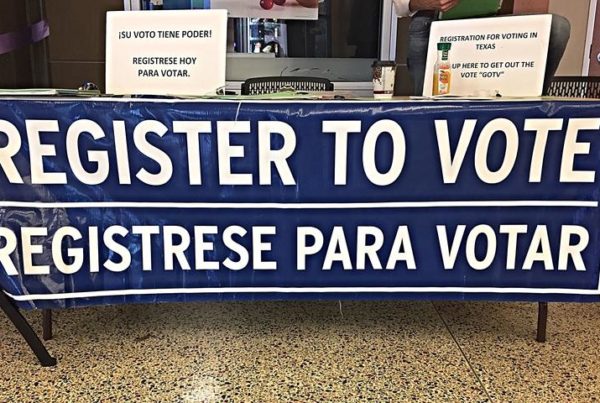The use of lethal force by police, against people of color in particular, is deeply troubling the nation. Complicating the search for solutions is a lack of actual data. Nationwide, police haven’t been keeping count of these incidents, leaving us with far more questions than answers. In fact, only two states require police to report officer-involved shooting deaths: California and Texas.
But police departments in both states have been violating the law. A new report from Texas State University has discovered hundreds of unreported lethal shootings in both states.
Texas State professor Scott Bowman – along with his colleague, former police chief Howard Williams – compared state custodial death registries with media reports and police news releases of fatal shooting deaths. From the comparisons, they came up with a list use-of-force fatalities that went unreported from 2005 to 2015.
Texas registries were missing 220 entries, and California was missing 440.
Police departments in both states must report all in-custody deaths to their respective Attorney General’s offices. In Texas, failing to do so is a misdemeanor; in California, there is no penalty for missing a report.
Bowman says his co-author Williams, a former San Marcos police chief, began researching use-of-force reporting after his retirement. He found a significant number of individuals missing from the reported lists. Bowman says there was also a larger reasoning behind the study.
“It would be a little presumptuous to assume that that data is being collected accurately and comprehensively,” he says. “Even though there’s a law on the books, there would have to be – as is consistent with many laws – there would have to be the fear of prosecutions.”
The lack of reported data doesn’t seem malicious, Bowman says.
“Our impression isn’t certainly that it’s a sinister plot or that it’s some sort of deviant activity by police departments,” he says. “There are some instances where there were shootings that weren’t reporting simply because it was unclear or maybe deemed unnecessary to report… so the local department they might be working with wouldn’t file a report.”
The team is still working on examining individual incidents that are missing from the records, including those that were reported, Bowman says. But they’ve found apparent challenges to the reporting systems in Texas and California coming out of their research already.
“The limited amount of information that is collected doesn’t necessarily provide enough detail for a department to improve or a department to really assess what took place,” Bowman says.
Although the team hasn’t completed the full analysis yet, Bowman does have some recommendations.
“It ultimately should be data that’s collected from an outside organization or agency,” Bowman says. “That data needs to be more comprehensive. Receiving very basic [information] … simply isn’t enough to improve police and community relations. There may be information that police need to better come to that decision – that kind of final lethal force decision – and there may be information that the community needs in order to avoid those circumstances.”
Post by Beth Cortez-Neavel.















